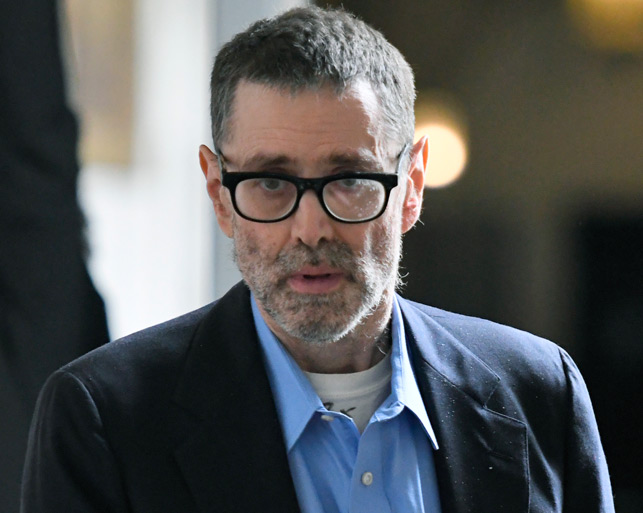Juana Holzer Testifies Against Ex-Husband
Claims He Is Not Mentally Ill

In one of the more memorable courtroom showdowns ever, Juana Holzer stared down the ex-husband who stabbed her two children to death from her perch on the witness stand and told his defense attorney, “He is not mentally ill. He is very smart. He is very controlling.” Holzer was speaking of Nicolas Holzer, whose legal sanity is now at stake. Nicolas killed not just his two sons four years ago, but also his parents and the family dog. He has claimed that he had to kill his family or they’d spend an eternity in hell with him.
Holzer’s ex-wife, who now lives in San Diego, denied Holzer betrayed any signs of mental illness during their six-year marriage, that he ever talked of killing multiple people, starting the AIDS virus, downing a jet airliner, or any number of clearly delusional beliefs to which he has subscribed over the past 20 years. Prosecutor Ron Zonen called Juana Holzer to counter claims made by Holzer’s defense attorney, Christine Voss, that Holzer was a delusional psychotic for the better part of 20 years and was in the throes of a psychotic break when he killed his family.
Under cross-examination by Voss, however, Juana Holzer acknowledged her ex-husband was more than an angry abusive drinker. He had tried to kill himself two times, would talk about how people were out to get him, and on occasion would rock back and forth and stare vacantly. One time, she had to call his parents — then on vacation in Missouri. The situation was sufficiently dire that they drove home immediately. The riddle confronting Judge Brian Hill is how to reconcile the contradictory narratives of Holzer’s mental health and whether he was capable of discerning right from wrong when he snapped.
Earlier in the trial, Hill heard psychologist Susan Ferrant — who spent nearly seven hours interviewing Holzer — explain how he could not tell right from wrong due to his persistent paranoia, delusions, and psychosis. That perception was then contradicted by James Tahmisian, a psychologist who interviewed Holzer for two hours shortly after the quadruple homicide. In that interview, Holzer displayed a clarity and precision in recollecting his crime that Tahmisian insisted was inconsistent with the level of psychosis described by Ferrant. The trial is expected to continue through the month’s end.



